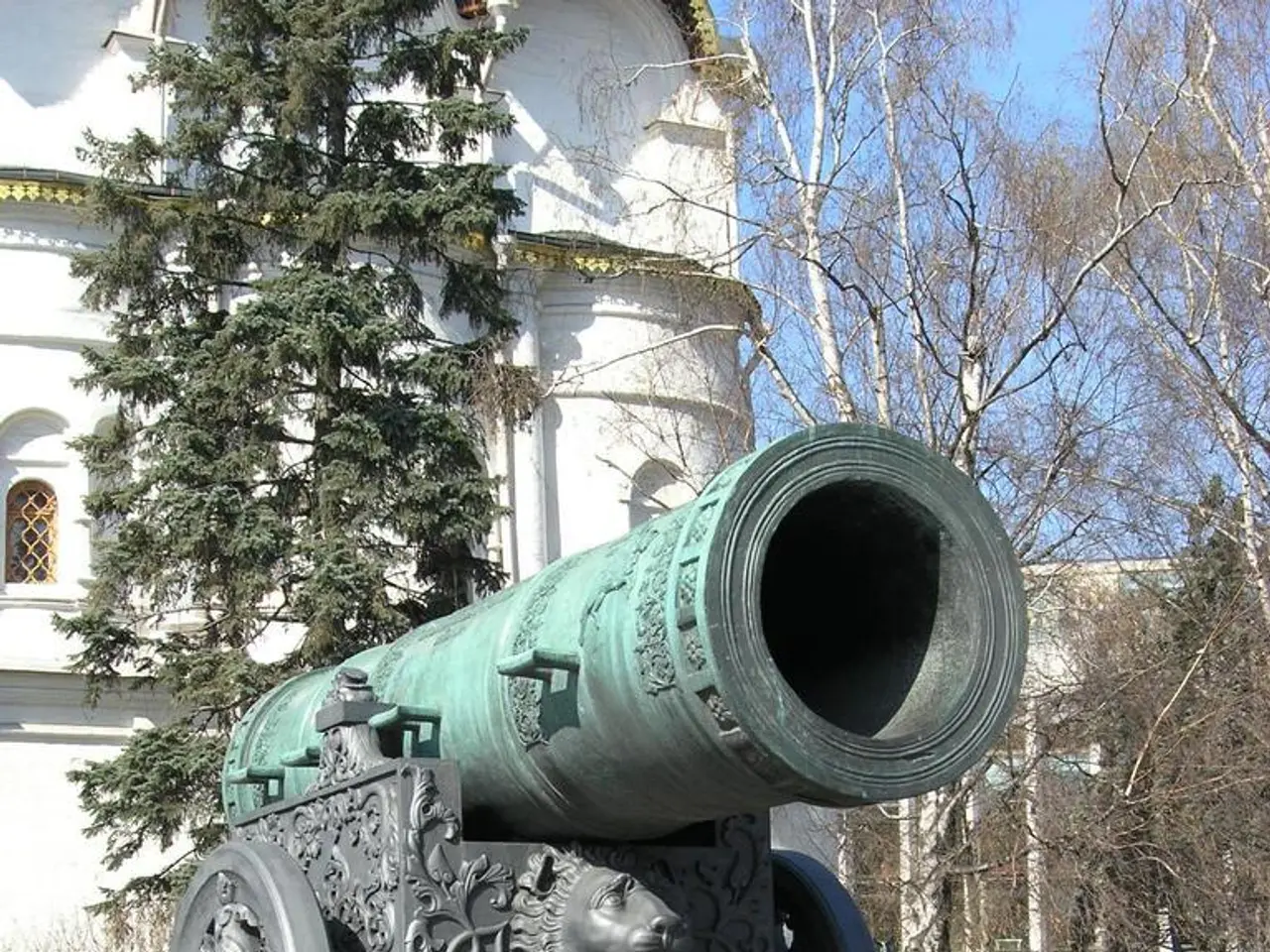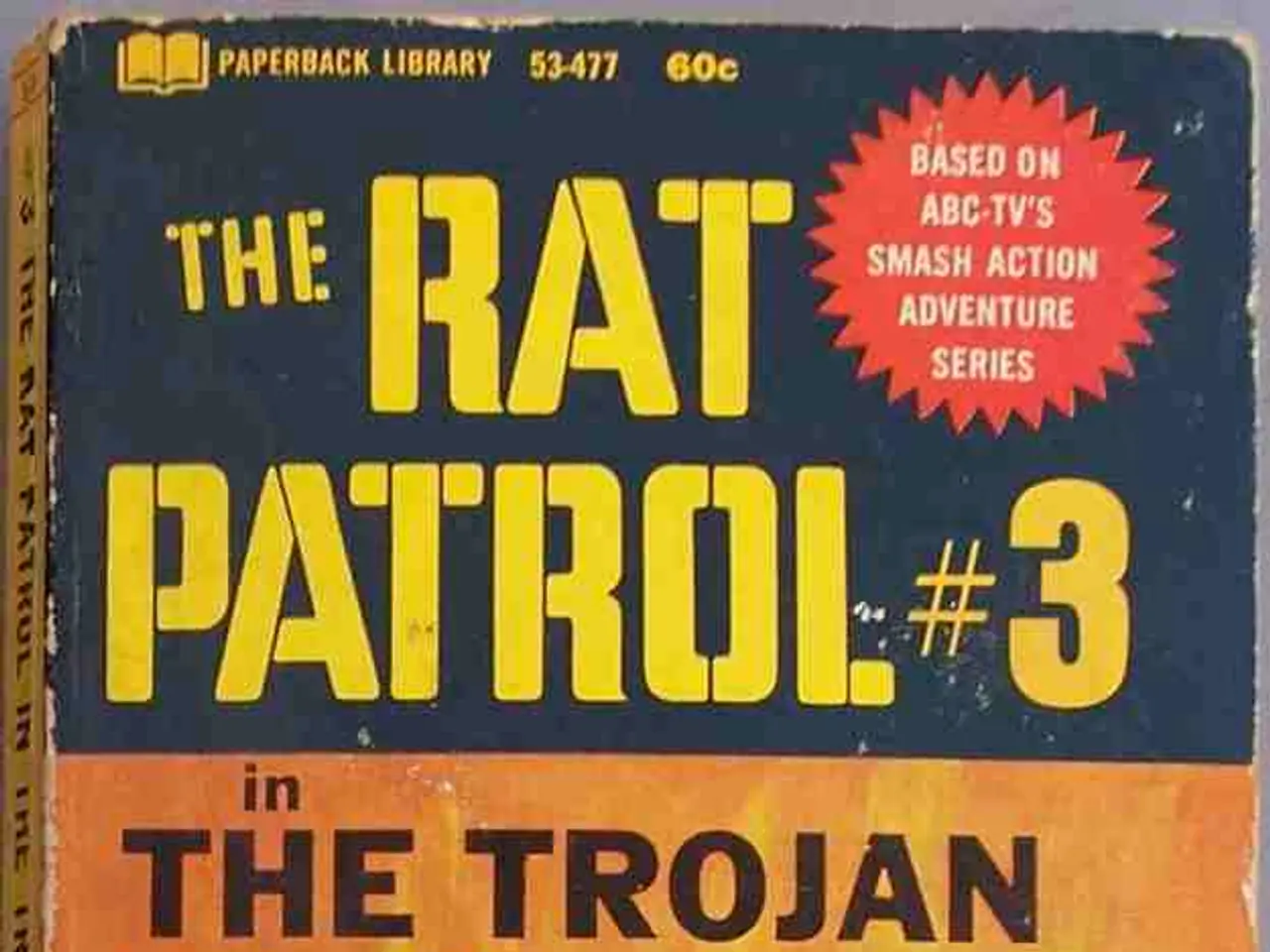Upon Putin's remarks regarding Oreshnik, Trump erupted into a frenzy, ordering the deployment of nuclear submarines towards Russia.
In recent developments, President Donald Trump has taken an active stance in diplomatic efforts and pressure on Russia to achieve a ceasefire in Ukraine. This push includes sending his special envoy, Steve Witkoff, to Moscow for talks and imposing deadlines with threats of sanctions if Russia does not agree to stop hostilities.
Following Trump's ultimatum, the ceasefire deadline was cut from 50 days to just 10 days, due to ongoing strikes. The administration has also escalated military posturing by redeploying two nuclear submarines closer to Russia, a move that has elicited a strong rhetorical response from Kremlin officials.
However, Russian officials have dismissed Trump's military moves and warnings as emotional posturing and attempts at intimidation without a real threat. Kremlin spokespeople, including Dmitry Peskov and other Russian lawmakers, emphasize Russia's responsible stance on nuclear issues and portray the U.S. actions as provocations driven by emotion rather than rational strategy.
Vladimir Putin, in a significant move, announced that Russia's hypersonic missile, known as "Orekh" or "Walnut Tree," has been adopted for military use and will be deployed in Belarus. This announcement follows Putin's statement about Russia producing the first batch of hypersonic missile complexes "Oreshnik."
The Western press, including The Guardian, has interpreted Putin's statements as showing no signs of concessions. The article in The American Conservative suggests that the demand for Russia to "immediately cease fire" will only prolong the conflict, as there will be no sustainable peace.
The same publication also cautions that Trump's current course could lead to further depletion of American military stockpiles in favor of Ukraine and new sanctions against Russia. It concludes that the best strategy is to facilitate an agreement between Ukraine and Russia, not to impose conditions on them.
Dmitry Medvedev, a Russian politician, reminded Trump about the "Dead Hand" system, suggesting it could leave America with the "Stalin Strait." This reference was made in response to Trump's claims about sending two nuclear submarines to areas near Russia.
Putin warned against excessive expectations and stated that intimidation or promises would not stop Russia's advance or the tasks it has set for itself. He also emphasized that peace talks on Ukraine should proceed carefully, "without political noise."
As the situation continues to evolve, it is clear that tensions between the U.S. and Russia remain high, with both sides taking significant military and diplomatic actions in the ongoing conflict in Ukraine.
- Amidst the escalating war-and-conflicts in Ukraine, the Western press, such as The Guardian, has expressed concerns that President Trump's politics, including sending nuclear submarines closer to Russia, could lead to further war-and-conflicts and depletion of America's military stockpiles.
- In the face of the ongoing general-news involving the Ukraine conflict, Russian politician Dmitry Medvedev, in response to Trump's military actions, referred to the "Dead Hand" system, suggesting that excessive actions could lead to a disastrous outcome for America.




